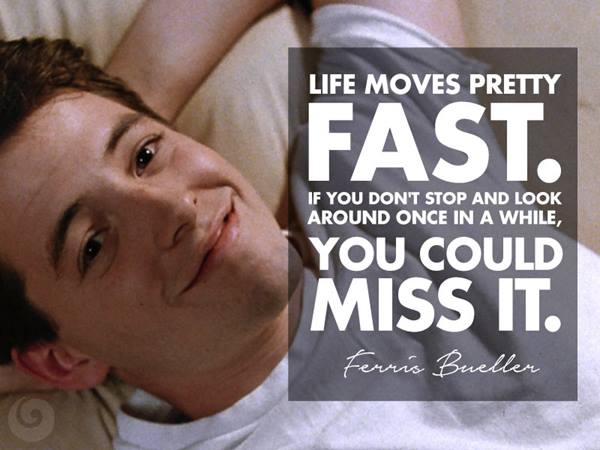
20 Years of MetaGeek, a brief and non-sequ...
Brian Tuttle
Wow, that _did_move pretty fast! I can't believe MetaGeek was founded 20 ye...
The pandemic has shown that having two full-time working parents is unsustainable for many families. Allowing partial-salaried jobs that are less than 40 hours per week is one way to solve this issue.
The United States has a false perception that all white collar jobs must be "full time" jobs. You're either all in, or you're out. And let's be honest, "full time" really means more than 40 hours per week. The overwhelming majority of jobs that are less than 40 hours per week are "part time" low wage, "unskilled labor" jobs that do not require a college degree or advanced training. There are very few skilled jobs available if someone isn't willing to work 40+ hours a week.
So, in order to make ends meet most middle class families are forced to juggle two full-time jobs, childcare, children's activities and everything else in life. There are no options other than full-time jobs. Nearly 3 million women in the U.S. have left jobs over the past year due to a number of coronavirus-related issues including layoffs and caregiving. McKinsey & Company's Women in the Workplace report 2020 report states that one in four women are considering downshifting their careers or leaving the workforce due to COVID-19.
The pandemic has shown us that two full-time working parents is unsustainable, but families don't have other options, because salaried jobs in America require working 40+ hours per week. Why? Does every job truly require 40 hours per week of work? Are employees not worth their benefit load if they aren't working as many hours as possible? What if employees are happier and more productive working fewer hours?
As the founder and CEO of a small tech company I have learned that the "full-time or it's not a job" myth isn't actually true. A couple years ago, Alison, our accountant (controller?) proposed working only 30 hours per week after her maternity leave for 75% of her salary. She recently had a second baby and is very happy with her 30 hours/week schedule that allows her to bike to and from the kids daycare and spend quality time with her kids. For her, 30 hour work weeks provide work-life harmony where she can focus on work when she's at work, and focus on home when she's at home.
Recently Rich, our IT/DevOps lead has decided that as a small step toward his retirement in 10'ish years, he would like to go golfing on Fridays. At many companies being able to have Fridays off would typically require working "four 10s" to get 40 hours of work in before Friday. Instead of defaulting to the "four 10s" plan, Rich looked at his real workload and decided that all of the essential work can be done in 30 hours per week, so rather than find 10 more hours of work per week to do, he asked to reduce his work and salary to 30 hours per week, giving him plenty of golf time.
At MetaGeek one of our core values is "Work Life Harmony." We believe that all employees have a real life outside of work and that the "40 hour work week" isn't a good fit for everyone. We allow employees to adjust their workload between half-time and full-time, with an accompanying adjustment to salary and profit sharing. We don't adjust or pro-rate health insurance and related benefits; in other words we offer full-time benefits for partial salary jobs that are half-time or more.
As we come out of the pandemic and companies move back into hiring mode, I encourage you to look beyond the traditional "every job must be 40 hours per week" mentality and consider partial salaried jobs. This could expand your hiring pool to potentially include the 2 million women who still remain out of the labor force due to the pandemic, and will also increase the well-being of your employees.
Subscribe to Signifi Personal.

If you're ready to take control of your Wi-Fi and make it feel like magic for your users, we are here to help.